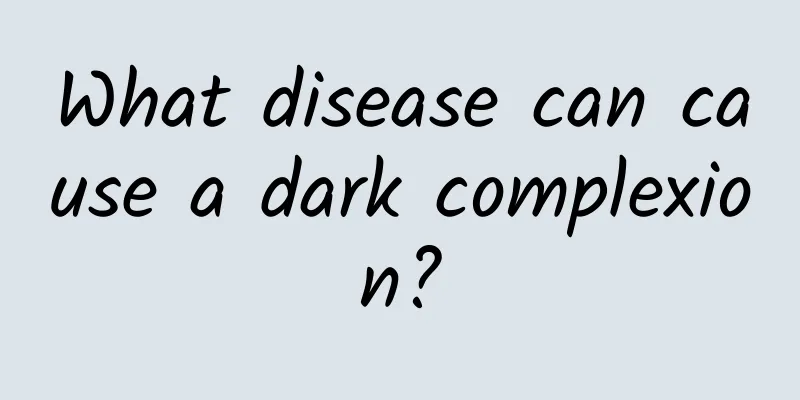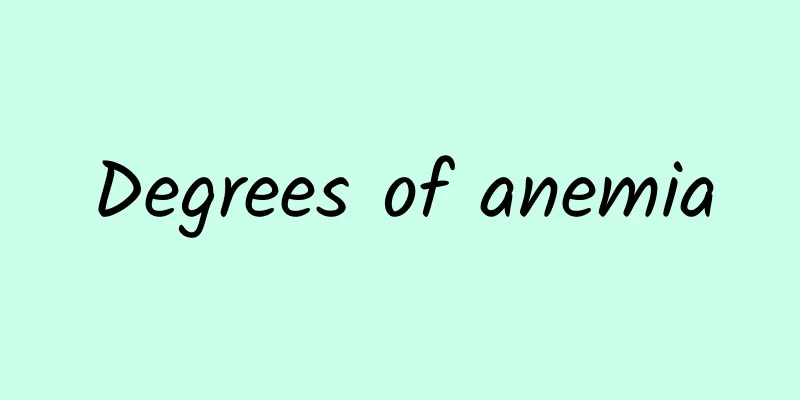How toxic is processed Aconitum?

|
Zhiwucao is a traditional Chinese medicine with relatively high toxicity. According to the latest regulations of the State Food and Drug Administration, if certain Chinese patent medicines contain Zhiwucao, a warning must be added. That is, Gastrodia elata contains bioalkali, which is particularly harmful to the kidneys. Overdose may cause paralysis of the limbs, nausea and vomiting, and may even be life-threatening. How toxic is processed Aconitum? Traditional Chinese medicine believes that Aconitum carmichaelii has a very pungent, bitter and hot taste, and has a strong effect of dispelling wind and dampness, relieving cold and relieving pain. It can be effective in treating rheumatism caused by wind, cold, dampness and heat. People use stewed Aconitum carmichaelii to treat rheumatism. However, overdose can cause poisoning symptoms, including nausea, vomiting, palpitations, shortness of breath, heart rhythm disorders, etc., and in severe cases, it can even be life-threatening. Zhao Xu, deputy director of the Pharmacy Department of Henan Provincial Hospital of Traditional Chinese Medicine, once said that Aconitum carmichaelii is a very common Chinese medicine. It is named Aconitum because its appearance is similar to that of a crow's head. The artificially cultivated variety is called Chuanwutou, and the wild variety is called Caowutou. The lateral roots of Chuanwutou are also known as Aconite. These aconite drugs all contain aconite, which is extremely toxic to humans. Ordinary people only need to take 3 to 4 mg to experience panic, heart palpitations, arrhythmia, and even cardiac arrest. Usage: Generally use processed products Aconitum carmichaelii is extremely toxic when used raw and is mostly used externally, such as for compressing, washing, soaking, etc. However, after processing, the aconitine will be hydrolyzed and the toxicity will be reduced. Aconitum kusnezoffii is generally processed and decocted first. The dosage should not be too much. The current legal dosage in the Chinese Pharmacopoeia is 3 to 6 grams. The longer the Aconitum kusnezoffii is decocted, the less toxic it is. If it is cooked until the tongue no longer feels numb, it is almost non-toxic. Compared with oral administration, external application of Aconitum kusnezoffii is safer. When there is no skin break, it can be directly crushed and applied to make a plaster or medicinal wine for drinking and external use. It can treat cold pain in the waist and knees, periarthritis of the shoulder, bone hyperplasia, facial nerve paralysis, trigeminal neuralgia, and swelling and pain caused by blood stasis. Detoxification: Drink licorice water or mung bean soup Although Aconitum kusnezoffii has medicinal value, it is easy to cause aconitine poisoning when it is used because it is difficult to grasp the toxic dose and therapeutic dose. When decocting Chinese medicine at home, if you experience symptoms of Aconitum poisoning such as numbness of the mouth, lips, or tongue, itching of the face and skin, a crawling sensation of ants, nausea, and panic, you should go to the hospital immediately for treatment. While going to the hospital for treatment, you can take large amounts of licorice water or mung bean soup to detoxify. |
<<: The efficacy of aconitine A tablets
>>: The role and efficacy of red head K
Recommend
Thyroid iodine 131 test
People often need to undergo physical examination...
How to enhance heart function?
The heart is like life. Weak heart function will ...
Recommended ways to consume Tongkat Ali
In Malaysia, there is a highly respected health p...
What is the reason for particles in scraping?
There are many techniques in traditional Chinese ...
What are the benefits of tapping the gallbladder meridian?
Tapping the gallbladder meridian first originated...
What are the obvious symptoms of hernia in men?
Hernia is a disease that can occur in both adults...
Itchy asshole and bloody stool
Many people develop hemorrhoids due to bad eating...
What to do if you have heartburn after drinking alcohol_How to quickly relieve heartburn after drinking alcohol
I believe that many people who love drinking or w...
One foot peeling
Many people should have encountered the problem o...
What foods stimulate stomach acid?
Eating food at the wrong time can cause stomach a...
What are the symptoms of liver rehydration?
In life, we have all heard of a disease called as...
What is eye astigmatism?
Myopia is a very common eye disease. It should be...
Is chest tightness and shortness of breath caused by tracheitis? What should people with chest tightness and shortness of breath do?
Chest tightness and shortness of breath is a very...
What to do when you wake up with swollen eyes in the morning
Many people have experienced swollen eyes after ge...
What to do if your face is swollen due to tooth inflammation
Many people must have experienced toothache. Peop...









